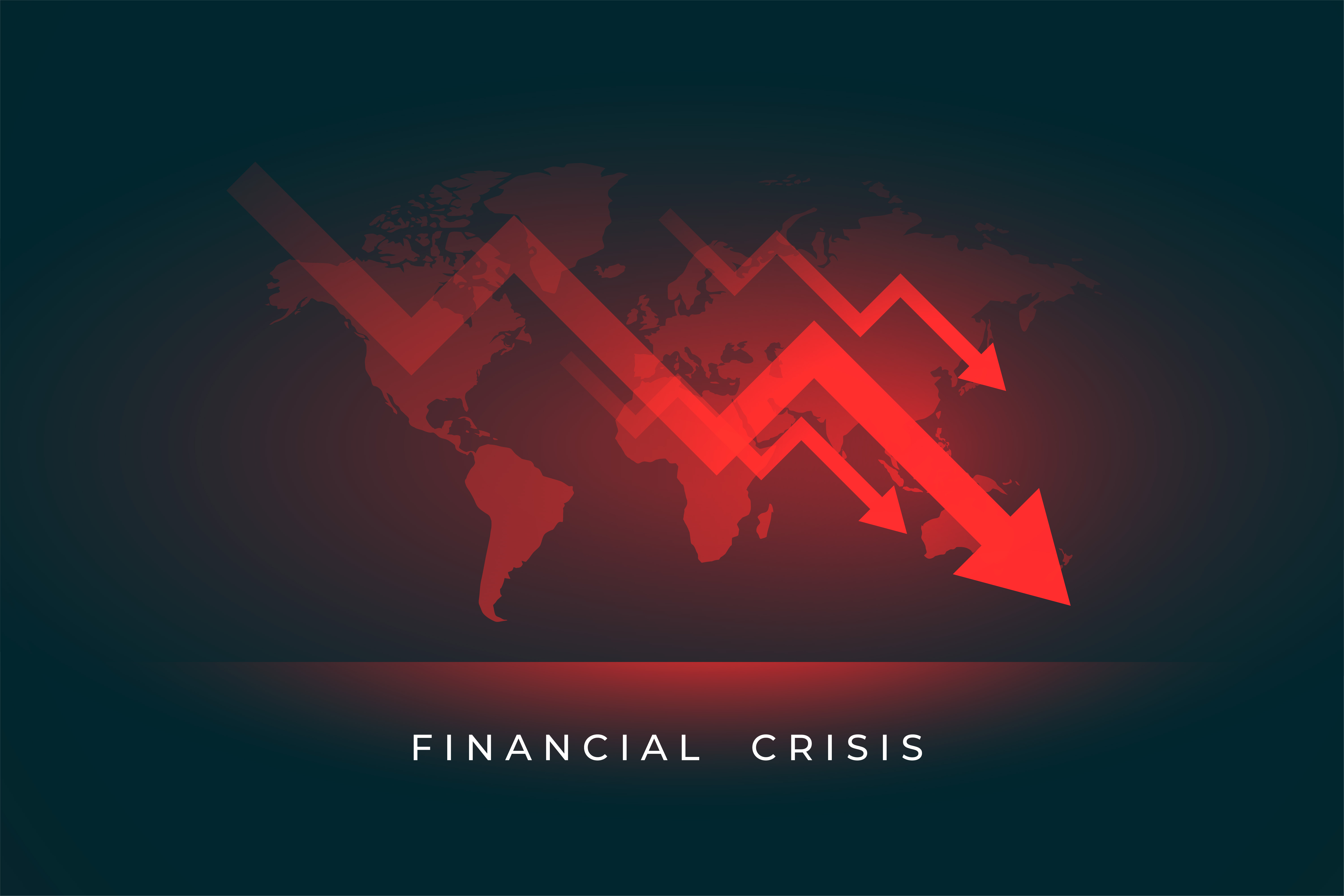
403
Sorry!!
Error! We're sorry, but the page you were looking for doesn't exist.
Global economy to face losses around USD14.5T by 2029 due to geopolitical conflict
(MENAFN) The global economy could face losses amounting to USD14.5 trillion over the next five years due to the effects of a geopolitical conflict that is severely disrupting supply chains and the insurance market, according to Lloyd’s of London. In a statement released on Wednesday and reported by a UK news agency, Lloyd’s warned that such a conflict could have far-reaching economic consequences, particularly as it impacts key logistical and infrastructural elements. This disruption could weaken the global economy significantly, making it harder for nations to recover and sustain growth in the face of ongoing geopolitical tensions.
Lloyd's explained that much of the economic damage would come from the destruction of critical infrastructure in conflict zones, as well as the increased vulnerability of shipping lanes that play a vital role in global trade. Shipping routes that pass through conflict areas could face heightened risks, leading to delays, increased insurance costs, and disruptions in the movement of goods. The wars in Ukraine and Gaza have already demonstrated this potential, as shipping routes through the Black Sea and the Red Sea have been disrupted, slowing the flow of essential goods and increasing operational uncertainties for businesses dependent on those channels.
The statement emphasized the vital role of maritime trade in the global economy, noting that over 80 percent of the world’s imports and exports—equivalent to around 11 billion tonnes of goods—are transported by sea at any given moment. The closure or restriction of key trade routes due to geopolitical conflicts represents one of the most serious threats to global economic resilience. The potential closure of these critical maritime corridors would not only impact the availability of essential resources but would also cause widespread ripple effects across various industries, particularly those that rely heavily on international trade.
Although Lloyd’s highlighted that the likelihood of such a severe geopolitical conflict is considered a low-probability event, the systemic risks posed by such an occurrence are extremely high. Alongside this warning, Lloyd's, in collaboration with the Cambridge Centre for Risk Studies, also explored other potential systemic threats to the global economy. These included the rising risk of cyberattacks and extreme weather events, both of which could similarly destabilize markets, supply chains, and infrastructure, compounding the difficulties faced by global economies already reeling from geopolitical uncertainties.
Lloyd's explained that much of the economic damage would come from the destruction of critical infrastructure in conflict zones, as well as the increased vulnerability of shipping lanes that play a vital role in global trade. Shipping routes that pass through conflict areas could face heightened risks, leading to delays, increased insurance costs, and disruptions in the movement of goods. The wars in Ukraine and Gaza have already demonstrated this potential, as shipping routes through the Black Sea and the Red Sea have been disrupted, slowing the flow of essential goods and increasing operational uncertainties for businesses dependent on those channels.
The statement emphasized the vital role of maritime trade in the global economy, noting that over 80 percent of the world’s imports and exports—equivalent to around 11 billion tonnes of goods—are transported by sea at any given moment. The closure or restriction of key trade routes due to geopolitical conflicts represents one of the most serious threats to global economic resilience. The potential closure of these critical maritime corridors would not only impact the availability of essential resources but would also cause widespread ripple effects across various industries, particularly those that rely heavily on international trade.
Although Lloyd’s highlighted that the likelihood of such a severe geopolitical conflict is considered a low-probability event, the systemic risks posed by such an occurrence are extremely high. Alongside this warning, Lloyd's, in collaboration with the Cambridge Centre for Risk Studies, also explored other potential systemic threats to the global economy. These included the rising risk of cyberattacks and extreme weather events, both of which could similarly destabilize markets, supply chains, and infrastructure, compounding the difficulties faced by global economies already reeling from geopolitical uncertainties.

Legal Disclaimer:
MENAFN provides the
information “as is” without warranty of any kind. We do not accept
any responsibility or liability for the accuracy, content, images,
videos, licenses, completeness, legality, or reliability of the information
contained in this article. If you have any complaints or copyright
issues related to this article, kindly contact the provider above.

















Comments
No comment